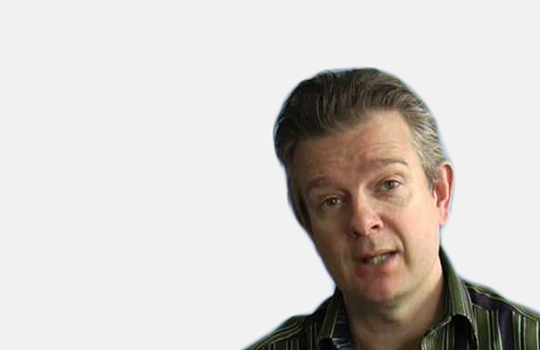![]() Reader I am not a shrinking violet, not a wuss or a whimp. When friends seek to describe me, pusillanimous is not the first adjective they choose. For all its many faults I have a mind and I tend to speak it. So why oh why am I still frightened of doctors? I just don’t get it. I am a doctor myself – of philosophy, granted – and I work with doctors day in and day out. Hell even some of my friends are doctors. But put me in a patient’s cap and wheel me before a medic and some traitor part of me will gibber and quake. It is not I should stress a fear of diagnosis, not a fear of bad news. It is a fear of doctors. A fear – oh how my liberal and enlightened heart resents the speaking of it – a fear of authority. A recent example. My son has long suffered from headaches and of late they have become more regular, at times waking him in the morning. I wanted him checked out. I wanted those formless subterranean dreads so familiar to parents slain by an MRI scan. Earlier the GP had said there was nothing to worry about. And here’s the thing – at the thought of going back and pushing for a scan I felt it again, I felt the fear. Not even the righteousness of parental love could armour me against it.
Reader I am not a shrinking violet, not a wuss or a whimp. When friends seek to describe me, pusillanimous is not the first adjective they choose. For all its many faults I have a mind and I tend to speak it. So why oh why am I still frightened of doctors? I just don’t get it. I am a doctor myself – of philosophy, granted – and I work with doctors day in and day out. Hell even some of my friends are doctors. But put me in a patient’s cap and wheel me before a medic and some traitor part of me will gibber and quake. It is not I should stress a fear of diagnosis, not a fear of bad news. It is a fear of doctors. A fear – oh how my liberal and enlightened heart resents the speaking of it – a fear of authority. A recent example. My son has long suffered from headaches and of late they have become more regular, at times waking him in the morning. I wanted him checked out. I wanted those formless subterranean dreads so familiar to parents slain by an MRI scan. Earlier the GP had said there was nothing to worry about. And here’s the thing – at the thought of going back and pushing for a scan I felt it again, I felt the fear. Not even the righteousness of parental love could armour me against it.
So whence comes this lurking dread? Compounded from numerous sources no doubt, woven from many threads. Within me lurks still a trace of the old English habit of deference. Unlike in these more democratic and egalitarian times, authority was once distributed in hierarchies, dropping down through tiers like champagne in a glass fountain. At the risk of running a pen-nib along a raw English nerve, class is in play here. The halls of medicine still echo with the patrician tones of public school and Oxbridge. Riff-raff like me still feel the edge of condescension in tones bred to rule.
The question of authority is clearly a vexed one in these democratic days. In this brave new world fear should have no place. Habits of deference should have been replaced by a respect for technical expertise, a relationship of condescension and gratitude replaced by a contract between equals. Knowledge is power, yes, and if there were no inequality of expertise we would all be doctor to ourselves – and lawyer and accountant – but those old traces of feudal fear should have had their day.
And yet intriguingly I quake much less before members of the other professions. I am by and large immune to the swagger and self-assertion of bankers. Lawyers, accountants, MPs – more often than not I see the paper in the tiger. So what is it about doctors alone that provokes such faintness of heart?
Perhaps it is the nature of the knowledge, of medical knowledge. It is unavoidably intimate. The medical gaze is a gaze that looks within. The curtain to the self’s inner citadel is lifted. Perhaps we fear something god-like in that omniscient eye?
Whatever may be the answer to this little riddle, there is one small observation I would make that doctors might find useful. I’ve been a patient on a number of occasions, played patient in a fair few consultations. And in my experience immeasurably better are the ones where the doctor puts me at my ease, where a fear of authority is replaced by respect for therapeutic skill. Not always easy to achieve perhaps, us patients come in so many shapes and sizes, but better – and so very much more likely to lead to a happy outcome – are the ones where I feel like a partner in the deal, and not the beneficiary of impersonal medical largesse.
Julian Sheather is ethics manager, BMA. The views he expresses in his blog posts are entirely his own.
